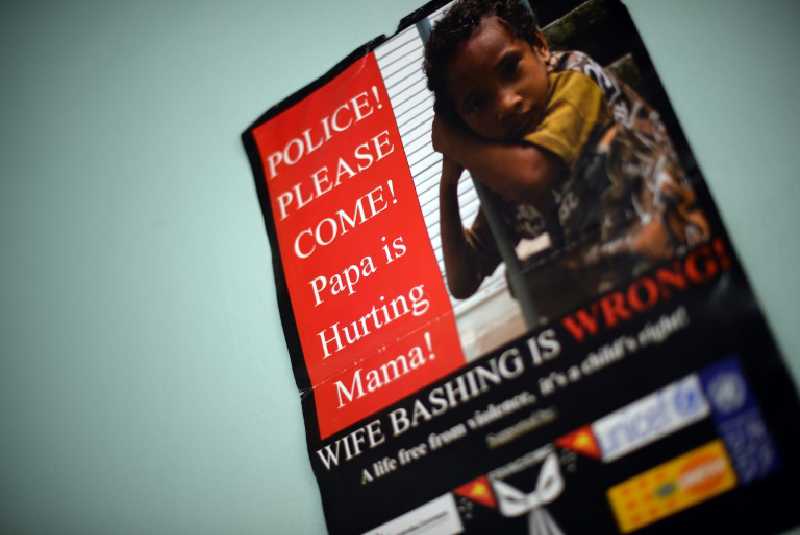×
The Standard e-Paper
Fearless, Trusted News

Of a total 87,000 female homicide cases worldwide in 2017, some 50,000 –- or 58 percent -– were committed by the victims' intimate partners or family members, a study found. [AFP/File / Saeed KHAN]
More than half the women who were murdered worldwide last year were killed by their partners or family members, making home "the most dangerous place for a woman," a new UN study said Sunday.